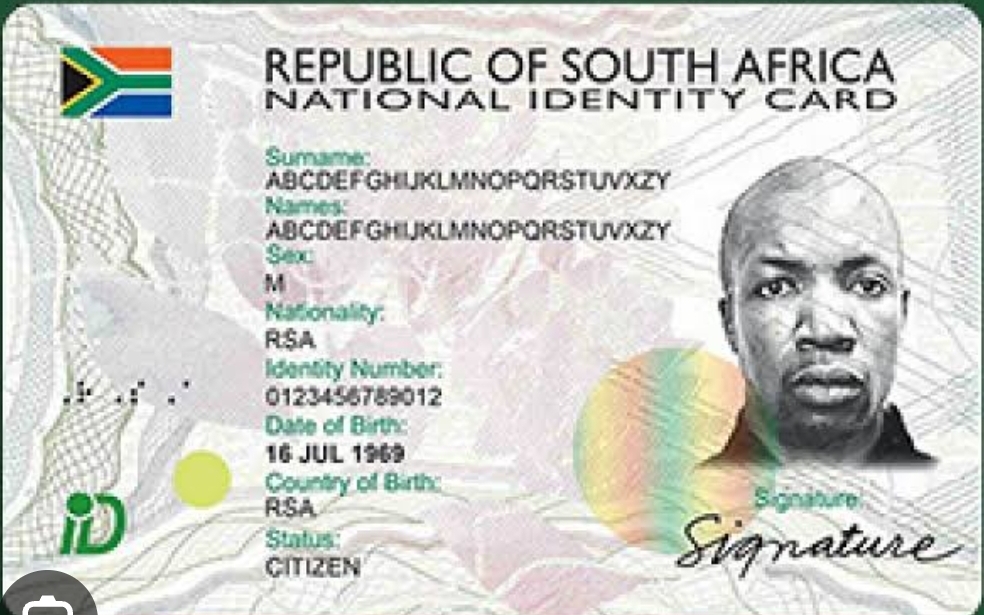South Africa Home Affairs blocked 700,000 South African IDs without any prior notice

The Pretoria High Court found that the DHA had blocked these IDs without following proper procedures, rendering their actions unlawful. As a result, many South Africans have been left in a state of legal and existential limbo, unable to perform basic functions such as banking, renewing driver’s licenses, and obtaining passports.
Legal Battle and Non-Compliance
The Pretoria High Court recently ruled that the DHA’s practice of blocking IDs was conducted without following a fair administrative process, making it invalid. The court order mandated that the DHA must abide by the Promotion of Administrative Justice Act (Paja), which requires the department to inform individuals when such decisions affecting their rights are made. Despite this clear directive, the DHA has failed to comply within the 90 days set by the court, which lapsed last week.
Thandeka Chauke, head of the Statelessness Unit at Lawyers for Human Rights, expressed frustration over the DHA’s non-compliance. According to Chauke, there has been no communication from the DHA’s legal representatives explaining the delay. This lack of responsiveness has left thousands of individuals in a state of uncertainty and distress.
Impact on Affected Individuals
The ramifications of having a blocked ID are extensive and deeply disruptive. South Africans without valid IDs cannot conduct essential activities such as banking, renewing driver’s licenses, and obtaining passports. Many individuals only discover their IDs are blocked when they attempt to use them for these purposes.
Chauke noted that clients of Lawyers for Human Rights were not informed of the reasons behind the invalidation of their IDs, forcing them to investigate the issue on their own. This situation highlights a severe lack of transparency and accountability on the part of the DHA.
The personal stories behind these blocked IDs paint a grim picture. Some cases date back to the early 2000s, with affected individuals enduring years of bureaucratic limbo. The prolonged invalidation of IDs has had devastating effects, including job loss and the inability to support families. Parents with blocked IDs face additional challenges in registering their children, perpetuating documentation issues across generations.
Judicial Insights and Broader Implications
High Court Judge Elmarie van der Schyff acknowledged the complexities faced by the DHA in managing fraudulent IDs issued to non-South African citizens. She noted that South Africa, being a preferred destination for migrants, deals with irregular migration and identity theft. To address these challenges, the DHA implemented ID-blocking to invalidate suspiciously processed identity numbers. However, Judge van der Schyff criticized the DHA’s approach, stating that blocking IDs before concluding investigations prejudiced genuine citizens and permanent residents.
Lawyers for Human Rights welcomed the court’s judgment, which they view as a significant step towards ending the unjust practice of ID blocking. Chauke emphasized the judgement’s importance in restoring dignity to those affected and called for systemic changes within the DHA to prevent further injustices.
Moving Forward and Seeking Resolution
The court’s judgment includes a supervisory order, allowing the court to maintain jurisdiction over the DHA’s compliance with the order. Lawyers for Human Rights plans to continue representing affected individuals and advocating for the DHA to review and improve its internal policies. This includes ensuring compliance with the principles of administrative justice and transparency.
In the meantime, the organization has launched a campaign under the hashtag #UnblockMyID to raise awareness and gather testimonials from those affected. Chauke advises individuals dealing with blocked IDs to continue raising awareness and holding the DHA accountable for its actions.
The DHA’s failure to comply with the court order has caused significant harm to many South Africans. The judgment serves as a crucial reminder of the importance of administrative justice and transparency in government processes. It is now imperative for the DHA to address these issues urgently, ensuring that all South Africans can access the documentation they need to live their lives with dignity and security.





